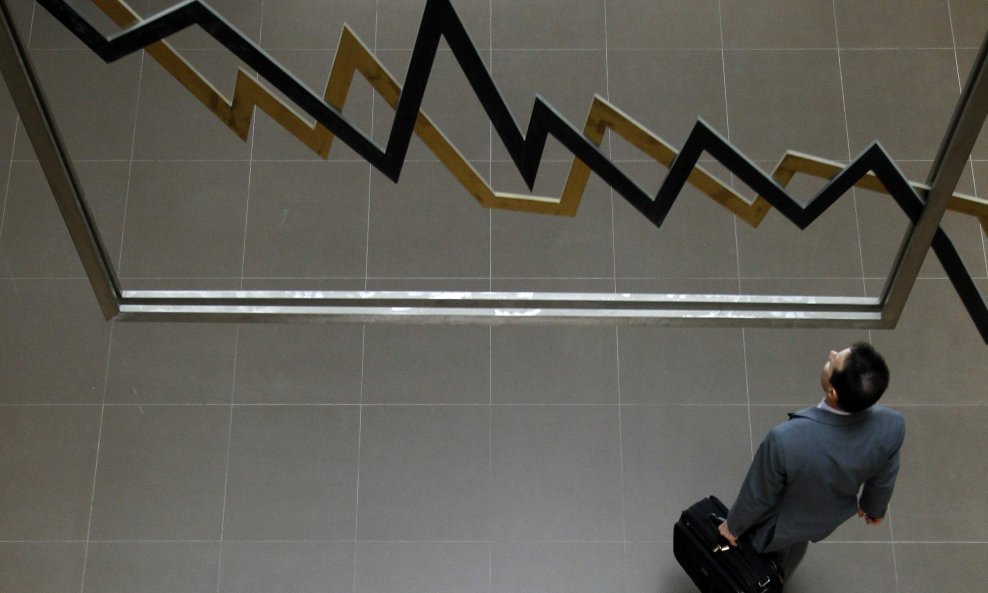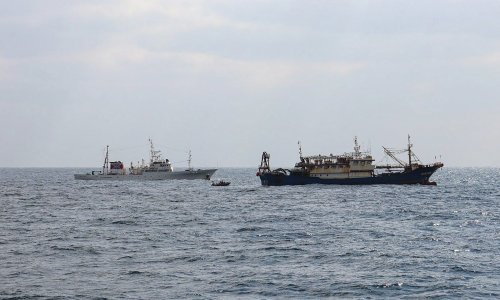Croatia remains classified among countries where investment is slightly risky, according to a report for June by the credit rating agency Dun & Bradstreet (D&B).
The report was released on Monday by the Zagreb-based firm Bonline, which represents D&B in Croatia and Bosnia and Herzegovina.
D&B analysts believe that business risk in Croatia will remain elevated as a result of still-tight credit conditions, a high level of bankruptcies and the fragile economic outlook.
"However, the financial system has managed to weather the global financial crisis fairly well and the capitalisation, liquidity and profitability indicators are satisfactory. In addition, the government's prompt payments rules have improved the payments performance of the public sector since the beginning of 2010; a mild improvement in the payments performance of the private sector is also likely by late 2011 and further yet in 2012," the report says.
D&B believes that the pace of recovery will be slow, citing among risks weak domestic demand, high unemployment, rising oil prices and the indirect effects of the euro-zone's sovereign debt crisis.
"High unemployment will continue to weigh on consumer spending, while still-tight credit conditions in the foreign-owned banking sector (...) means that private investment will remain limited. Moreover, rising inflationary pressures (mainly due to rising oil prices) could also negatively affect domestic demand, threatening the fragile economic recovery," the report says.
The government plans to take a number of steps to boost economic growth and job creation, such as holding more tenders in tourism and infrastructure projects and offering tax incentives for business that create new jobs, D&B says, adding that the effectiveness of these measures is likely to be limited.
Croatia's fragile fiscal position and rising public and foreign indebtedness is considered as another risk to the national economy.
"Despite the government's (optimistic) plans to halve the budget deficit in the next two years, the lack of a credible fiscal consolidation plan is likely to have a negative effect on borrowing costs," D&B warns.
With regard to Croatia's EU accession process, the report says that Zagreb closed talks on two more chapters in late April and that the five remaining chapters are the most difficult ones.
"The country needs to continue its reform efforts, particularly in key areas such as the judiciary, and to accelerate the fight against organised crime and corruption. The issue of corruption is of particular importance not just for Croatia's bid to join the EU, but also for attracting foreign investment. Indeed, corruption, along with excessive red tape, slow judicial processes and land registering problems, are some of the main factors deterring investment in the country," the report says.


































